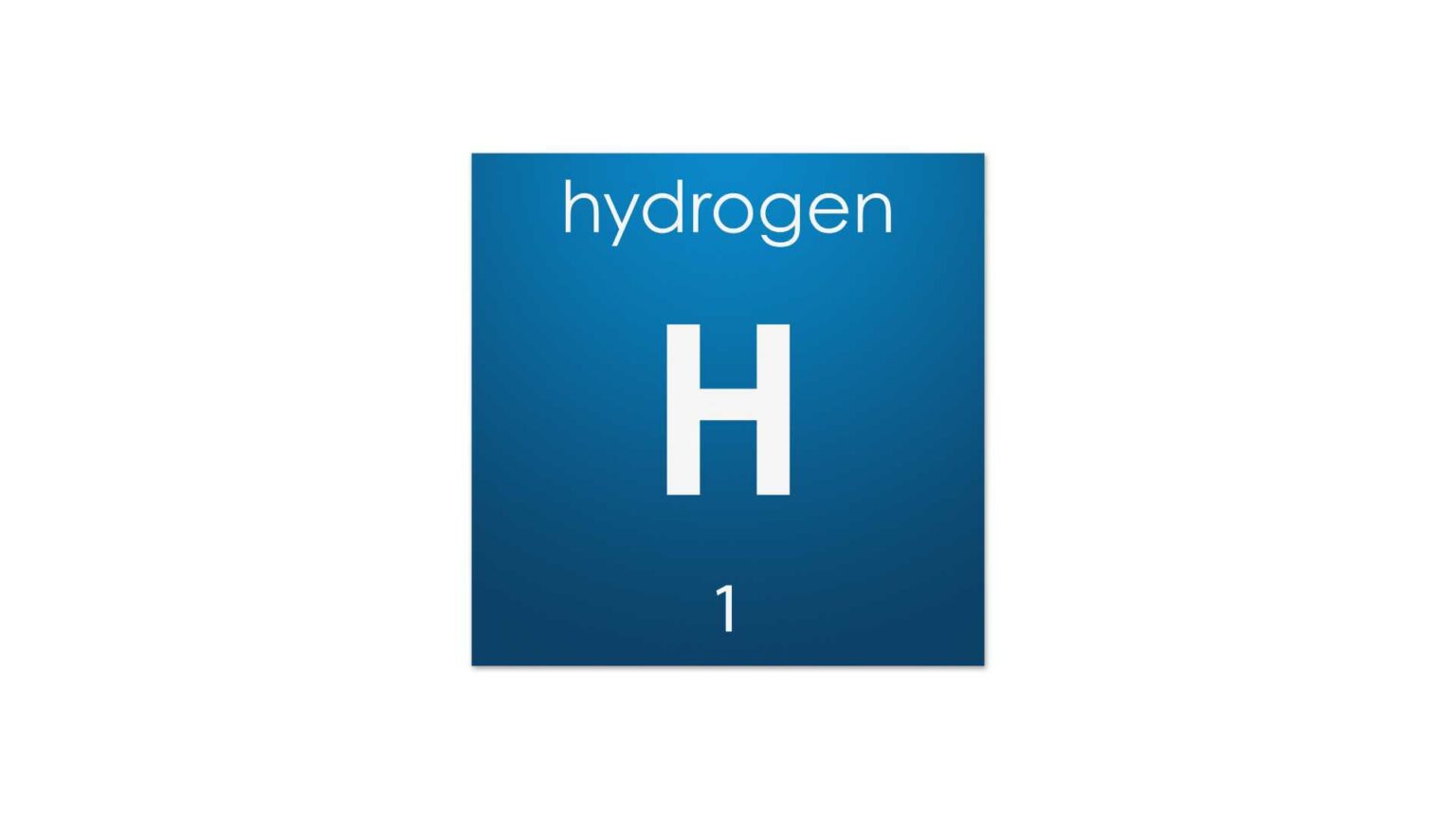Romania’s National Energy Company has announced a tender titled “Development of Hydrogen Production Facilities,” emphasizing the country’s commitment to integrating hydrogen as a keystone in its sustainable energy strategy.
Published on May 28, 2024, this tender invites qualified bidders to submit proposals by June 23, 2024. This initiative is a significant milestone for the hydrogen industry, reflecting the growing global focus on green energy solutions.
The primary objective of the tender is to solicit innovative hydrogen production systems that can be integrated into Romania’s existing energy infrastructure. Companies are encouraged to present technologically advanced solutions that focus on efficiency, scalability, and environmental sustainability. The inclusion of hydrogen technologies is expected to enhance Romania’s energy portfolio, reduce carbon emissions, and foster economic growth through the creation of green jobs.
Among the key requirements outlined in the tender:
1. Production Capacity: The facilities must be capable of producing a minimum of 10,000 kilograms of hydrogen per day, ensuring a steady supply to meet both industrial and consumer demand.
2. Energy Source: Preference will be given to systems that utilize renewable energy sources such as solar or wind to power the hydrogen production process. This aligns with Romania’s broader goal of reducing dependence on fossil fuels.
3. Efficiency: Solutions should demonstrate high energy efficiency, with clear metrics on energy consumption per kilogram of hydrogen produced. This is crucial for minimizing operational costs and environmental impact.
4. Safety Standards: Compliance with international safety standards for hydrogen production, storage, and transportation is mandatory, ensuring that all proposed systems can safely integrate into the existing energy framework.
5. Scalability: Proposals should include plans for future expansion, allowing for increased production capacity as demand for hydrogen energy grows.
The technical requirements expect bidders to illustrate their expertise in electrolysis and other hydrogen generation technologies, ensuring a reliable and efficient hydrogen supply chain. Electrolysis, which involves splitting water into hydrogen and oxygen using electricity, is favored for its potential to produce green hydrogen when paired with renewable energy.





